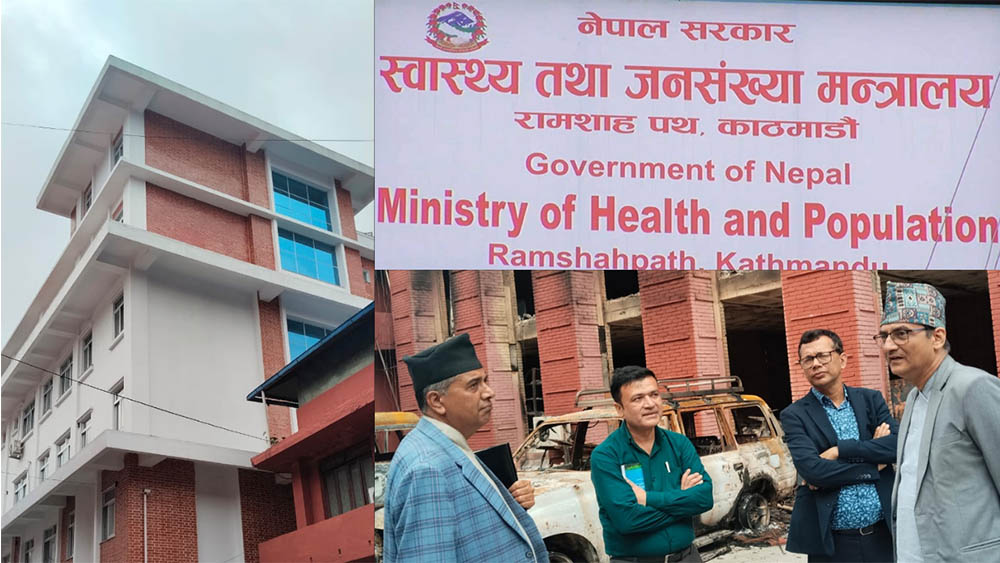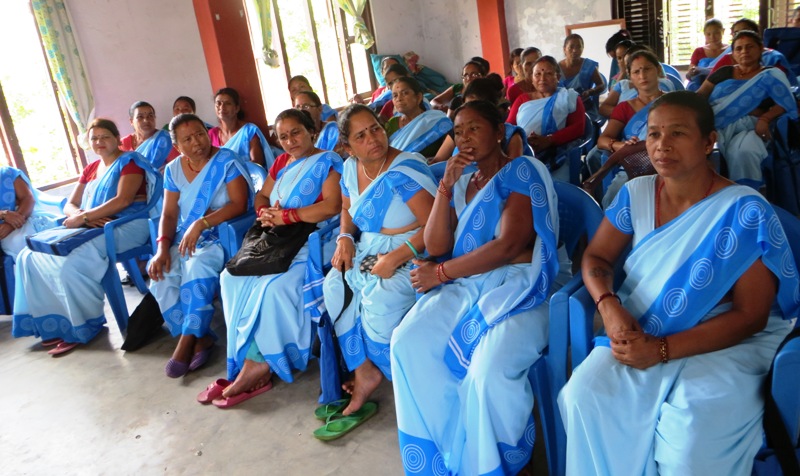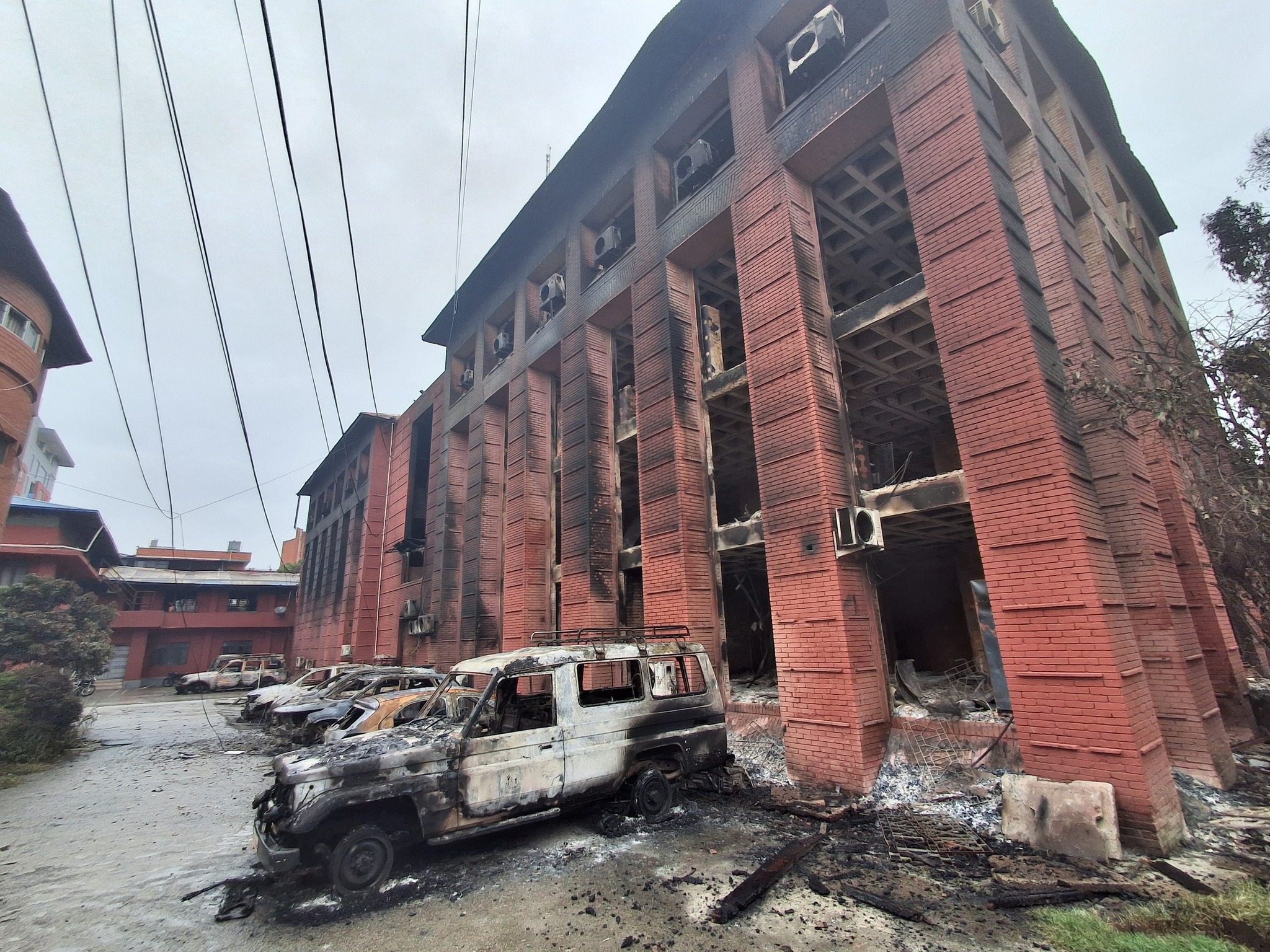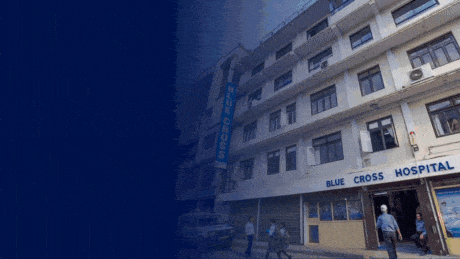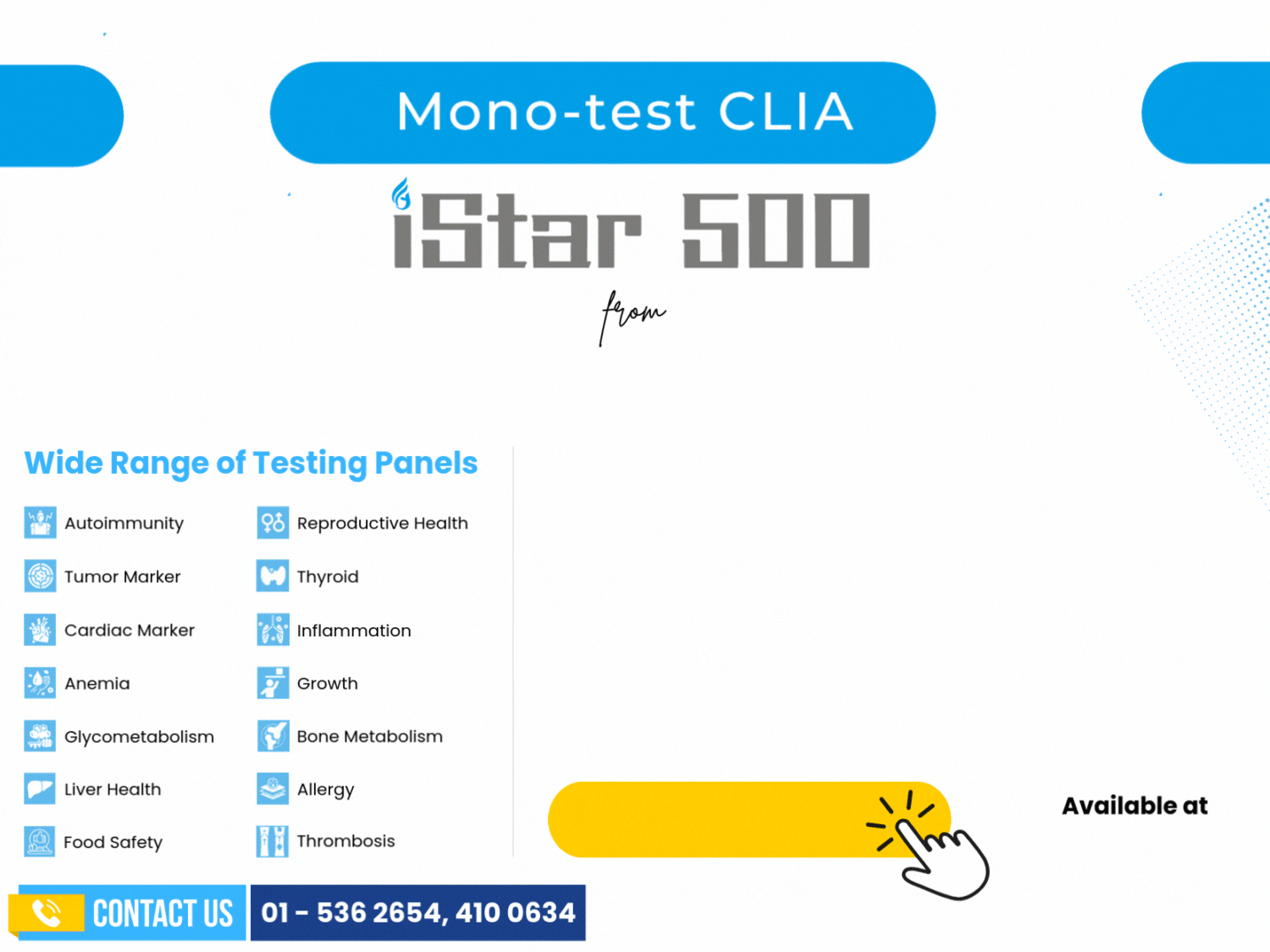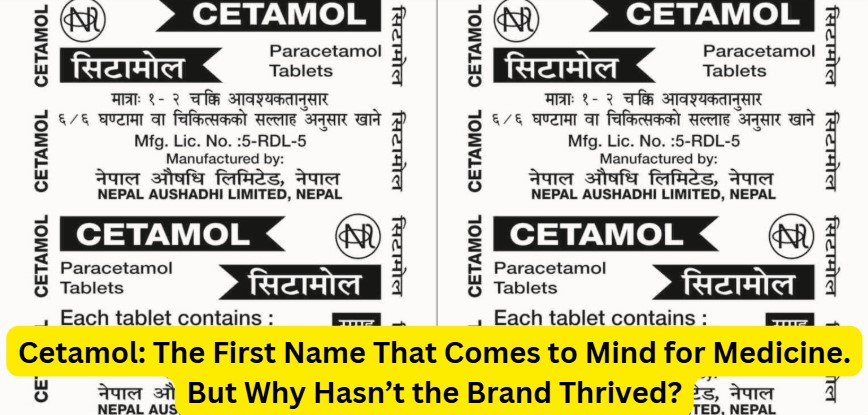
Kathmandu—In Nepal, the moment someone utters the word “medicine,” the name that often comes to mind is Cetamol. In remote areas, if essential medicines are unavailable, the public criticizes the government by saying, “A government that can’t even provide Cetamol!”
Whether in positive or negative contexts, Cetamol frequently comes up in discussions about medicines. Perhaps no other drug name is as ingrained in the minds of the Nepali public as Cetamol. Over time, it has become almost synonymous with medicine itself. Yet, despite its popularity, the Cetamol brand has failed to flourish in the Nepali pharmaceutical market.
The primary reason for this underperformance is the long hiatus in production — for more than a decade, Cetamol was not manufactured in Nepal.
Cetamol entered the Nepali market in 1972 AD, quickly gaining name and market share. However, by 2006, its production came to a halt. The shutdown occurred after the World Health Organization’s Good Manufacturing Practices (GMP) standards were not met.
Cetamol is a brand under Nepal Aushadhi Limited, but it has become a household name, even among doctors. The generic name of Cetamol is paracetamol or acetaminophen. Many brands of paracetamol are available in the Nepali market, mainly used to reduce fever and relieve pain.
Even when Cetamol wasn’t available in the market, people continued asking for it while actually buying other paracetamol brands. This trend still continues—customers often say, “I want Cetamol,” even when purchasing alternatives.
However, Cetamol, manufactured by Nepal Aushadhi Limited—once a reputed and trusted name—is still difficult to find in the market. Though production resumed in 2017, it has not regained its previous market strength.
Kailash Paneru, the general manager of Nepal Aushadhi Limited, shared that Cetamol is being supplied based on demand from government bodies and some private institutions.
He pointed out that heavy discounts and promotional schemes by private pharmaceutical companies have made it difficult for Cetamol to compete in the market.
“Due to low profit margins from our Cetamol, many private pharmacies do not stock it. On the other hand, private companies offer high discounts, leading to low sales and a weaker market presence for our product,” Paneru said.
Monitoring has also revealed that some pharmacies deliberately avoid keeping Cetamol in their stock due to its lower profit margins.
“There is strong public trust in Cetamol from Nepal Aushadhi Limited, but traders are driven by profit and often don’t stock our products,” he added.
Even though the company produces enough, demand remains low. Government bodies opting for tenders with private companies in pursuit of cheaper options have also affected the sales of Limited’s Cetamol.
According to Paneru, the primary market for Cetamol is government health institutions. Currently, about 90 percent of Cetamol sales happen under a government-to-government (G2G) model. The company is focused on expanding through this G2G approach.
Nepal Aushadhi Limited has also been supplying Cetamol to private organizations based on demand and is capable of fulfilling requests at any time.
“Many tenders have already been issued, and we’ve proposed a G2G agreement with the Ministry of Health and Population, which is currently under review. Once approved, this will help secure market access,” Paneru said.
To ensure emergency availability, the company maintains a stock of Cetamol. Currently, it operates two shifts, producing 320,000 Cetamol tablets per day.
Despite operating at a loss, Nepal Aushadhi Limited has continued production, driven by its public responsibility. Currently, the company produces 500 mg Cetamol tablets. In the past, it also produced a liquid version for children, which is no longer available.
Although Nepal Aushadhi Limited falls under the Ministry of Industry, it is a company related to health. Employees say that lack of coordination between the Health Ministry and the company has been a challenge.
To facilitate G2G agreements, the company has already sent a draft proposal to the Health Ministry. With support from the health minister, this draft is in its final stages of being implemented.
Once this agreement is in place, government bodies from local to federal levels will be able to purchase medicines produced by Nepal Aushadhi Limited.
The company hopes the Health Ministry will play a proactive role in promoting its products rather than focusing solely on cost, which would help strengthen Nepal Aushadhi Limited and allow it to produce 98 types of essential medicines for free distribution.
“If such a policy decision is made, the company could focus solely on production without worrying about sales,” Paneru said.
The price of Cetamol is regulated by the government. The Department of Drug Administration has set a rule that it cannot be sold for more than one rupee per tablet.
The cost of raw materials, packaging, technology, and workforce determines the production price, and any change in these components affects the final cost, according to Paneru.
“If the Health Ministry and doctors themselves recommend the use of our Cetamol, it would uplift this government-owned institution,” he concluded.
Laxmi Chaulagain
Published: April 15, 2025


